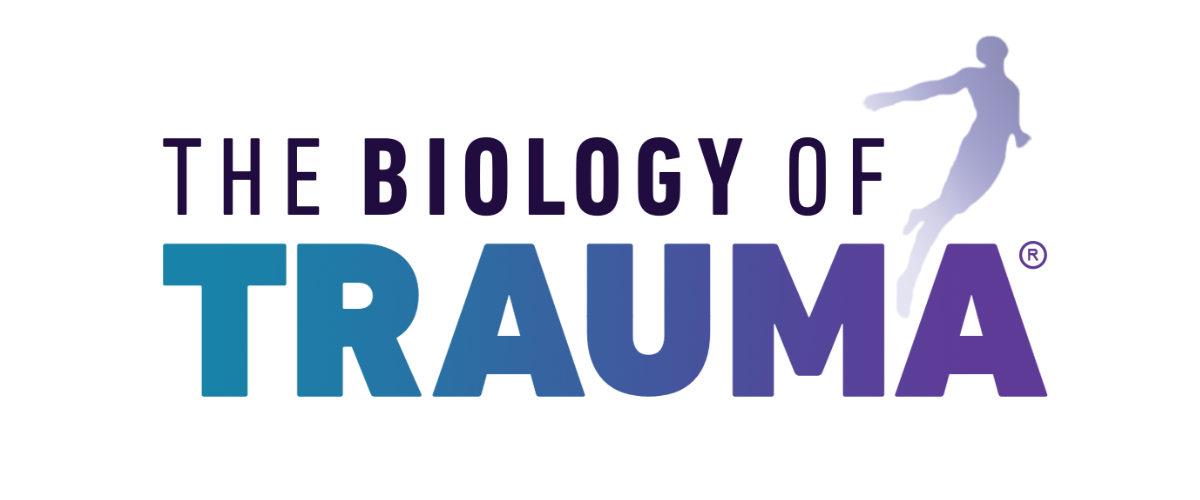
Healing Hearts & Healing Bodies:
Unlocking the Attachment - Health Connection

The 3 Critical Gaps From Early Childhood You May Be Missing -
Attachment, Neurodevelopment, and How To Recognize and Fix What Went Wrong
You will learn:
- How to recognize attachment types based on childhood nervous system regulation
- The impact of gaps or injuries in neurodevelopment on attachment and adult behavior
- Practical tools like tummy time to help rewire the nervous system and connect with inner children
- The interconnected roles of neurodevelopment, relationships, and biology in forming attachment
- How early childhood experiences can impact brain development, health outcomes, and life success
- A roadmap for repairing and rewiring the nervous system to overcome vulnerabilities from childhood trauma
The Stored Muscle Memory Of Powerlessness
– Interview with Peter Levine
You will learn:
- How early life experiences are stored in our bodies as implicit memory and affect our health later in life.
- Ways to track body language and boundaries in therapy sessions to identify attachment ruptures from clients' histories.
- Exercises to help practice setting boundaries and expressing oneself.
- The importance of boundaries in child development and managing chronic illnesses like autoimmune diseases.
- Methods for managing tension, anger, and shame through touch, expression, and playfulness in therapy.
- How relational connection in therapy sessions can help repair early attachment ruptures and prevent trauma responses.
- Addressing trauma through storytelling and self-reflection supports the journey from pain to joy and self-hatred to self-love.
The Rope Test
A Simple Test for Attachment Style with Dr. Aimie
You will learn:
-
How to identify your own attachment pain syndrome using the rope test
-
What attachment resonance is, and how it involves a healthy balance and flexibility in relationships through equal investment from both people
Assessing Attachment-Related Trauma
Case Study Training with Dr. Aimie and a Biology of Trauma® Professional
You will learn:
- The long-term impact of neglect, lack of care, and trauma in early childhood on mental and physical health through disorganized neurodevelopment.
- How to recognize gaps in neurodevelopment, such as at the levels of the Pons and midbrain, based on an individual's history, and how to assess related issues like bracing patterns, sensory processing challenges, and attachment styles.
- How to connect attachment patterns, such as avoidance, with behaviors and preferences related to touch, needs, and independence.
- Approaches for gently and gradually working with clients who have experienced early childhood trauma to avoid overwhelming the body and disconnecting from emotions.
Global High Intensity Activation
With Biology of Trauma® Professional, Laura Bautista
You will learn:
- About the concept of global high intensity activation and how early life experiences like fetal stress and attachment trauma can lead to this pattern.
- How global activation shows up through intense emotional experiences, overwhelm, dissociation, and physical symptoms.
- Strategies for managing activation levels like containment practices and completing activation cycles to resolve trauma imprints.
- How addressing the biology of trauma through practices like slowing thoughts can help rewire high activation responses and support overall well-being and resilience.
A Compilation of Success Stories
Want unlimited access to all summit content?
Watch at your own pace, dive deep into expert sessions, and unlock ongoing access to exclusive materials. Don't miss out—click below to explore your options!
Upgrade HereCOLLECT YOUR HANDOUT HERE:
Assessing Attachment Related Trauma Form or GHIA
YOUR BIOLOGY OF TRAUMA® HOST:
Dr. Aimie Apigian
Dr. Aimie is a double Board-Certified medical physician who specializes in trauma, attachment, addictions and addressing trauma on a cellular level. She earned her medical degree at Loma Linda University and has a Masters in Biochemistry as well as a Masters in Public Health. She trained for three years as a general surgeon before changing her career path.
In addition to her medical studies, Dr. Aimie has studied with and participated in Dr. Allan Schore’s Attachment Regulation Theory Study Group. She is a highly-trained somatic experiencing practitioner, trained in NeuroAffective Touch™, Internal Family Systems (Parts Work) and the Instinctual Trauma Response Model™. She continues to attend advanced trainings in Somatic Experiencing™ with Dr. Peter Levine and acts as an editor for Somatic Experiencing International.
She is not one to sit back and talk about problems. She is a solution-focused action taker- always looking for ways to improve our current method and accelerate the healing journey back to our best health and our best selves.

